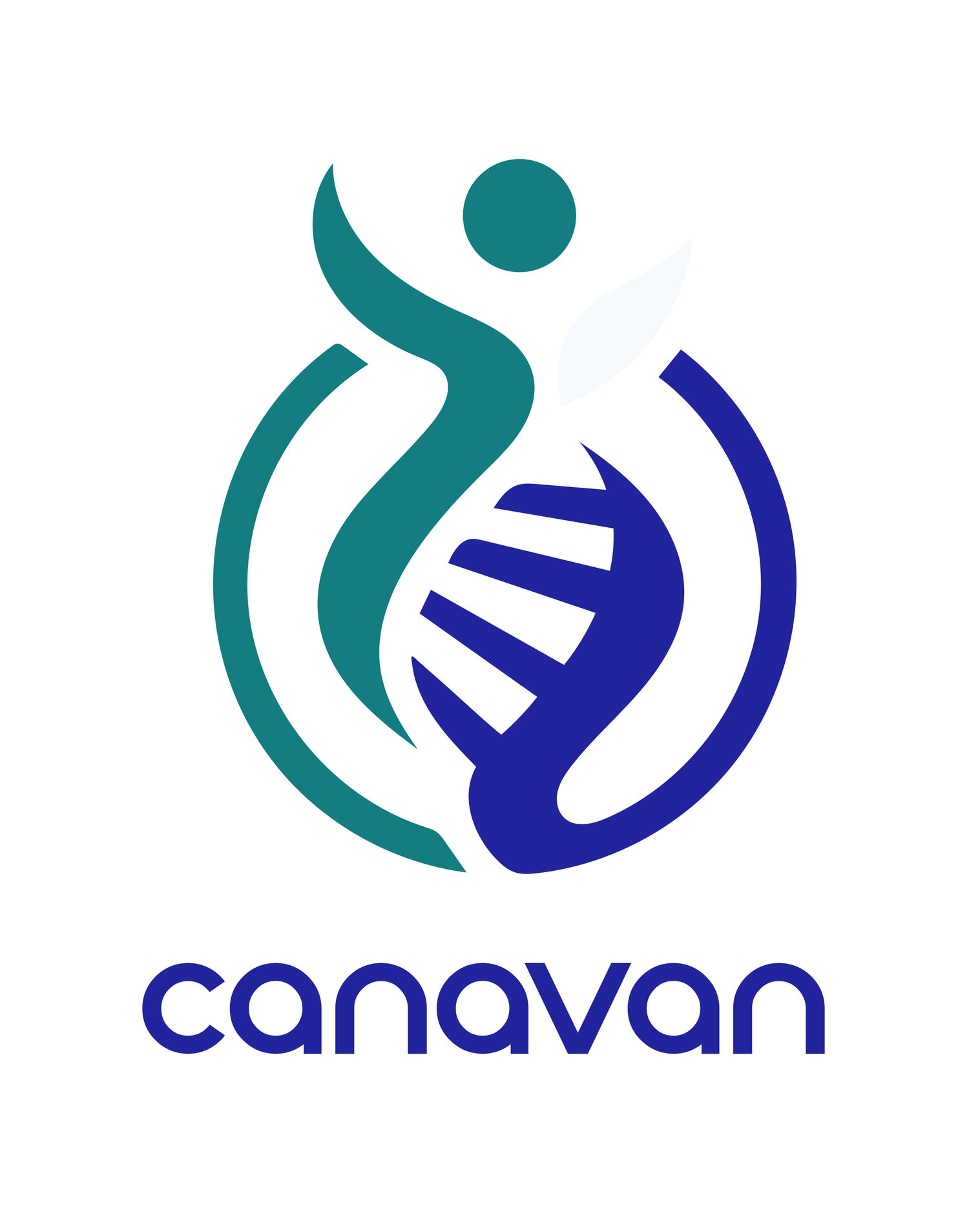Alzheimer's Disease
Like Canavan Disease, Alzheimer's Disease is a neurodegenerative brain disease. Gene therapy can be used to target memory dysfunction in Alzheimer's patients through expressing an enzyme designed to effect NAA levels, just like in Canavan Gene Therapy.
PROJECT:
The World Health Organization’s and Alzheimer’s Disease International’s report on Dementia (2012) shows that the global burden of Alzheimer Disease is forecast to worsen significantly, with prevalence predicted to double every 20 years. Already, 1 in 9 people ages 65+ suffer from Alzheimer's Disease.
Interventions that could provide a modest delay in progression would provide a significant reduction in the high level care required later in the disease. This Phase I proposal describes an Adeno-associated viral vector-based metabolic intervention strategy to combat age-related cognitive decline in the mouse model of familial Alzheimer’s disease.This proposal seeks to test a novel gene-therapy strategy for the treatment of memory dysfunction in an animal model of Alzheimer’s disease (AD). Specifically, this strategy will employ an enzyme that liberates free acetate from an abundant amino acid found within neurons in the brain to supply fuel for energy-generating reactions that support memory circuits. This abundant neuronal molecule, N-acetyl-Laspartic acid (NAA) currently has no known function, bus it associated with neuronal dysfunction in many clinical contexts, including AD. By using engineered gene vectors, this proposal tests the feasibility of ectopically expressing an enzyme in neurons to provide acetate as a fuel for the tricarboxylic acid cycle. This approach offers the potential of a one-time treatment with multi-year protection of cognitive function via the provision of extra fuel to support neuronal network function.

